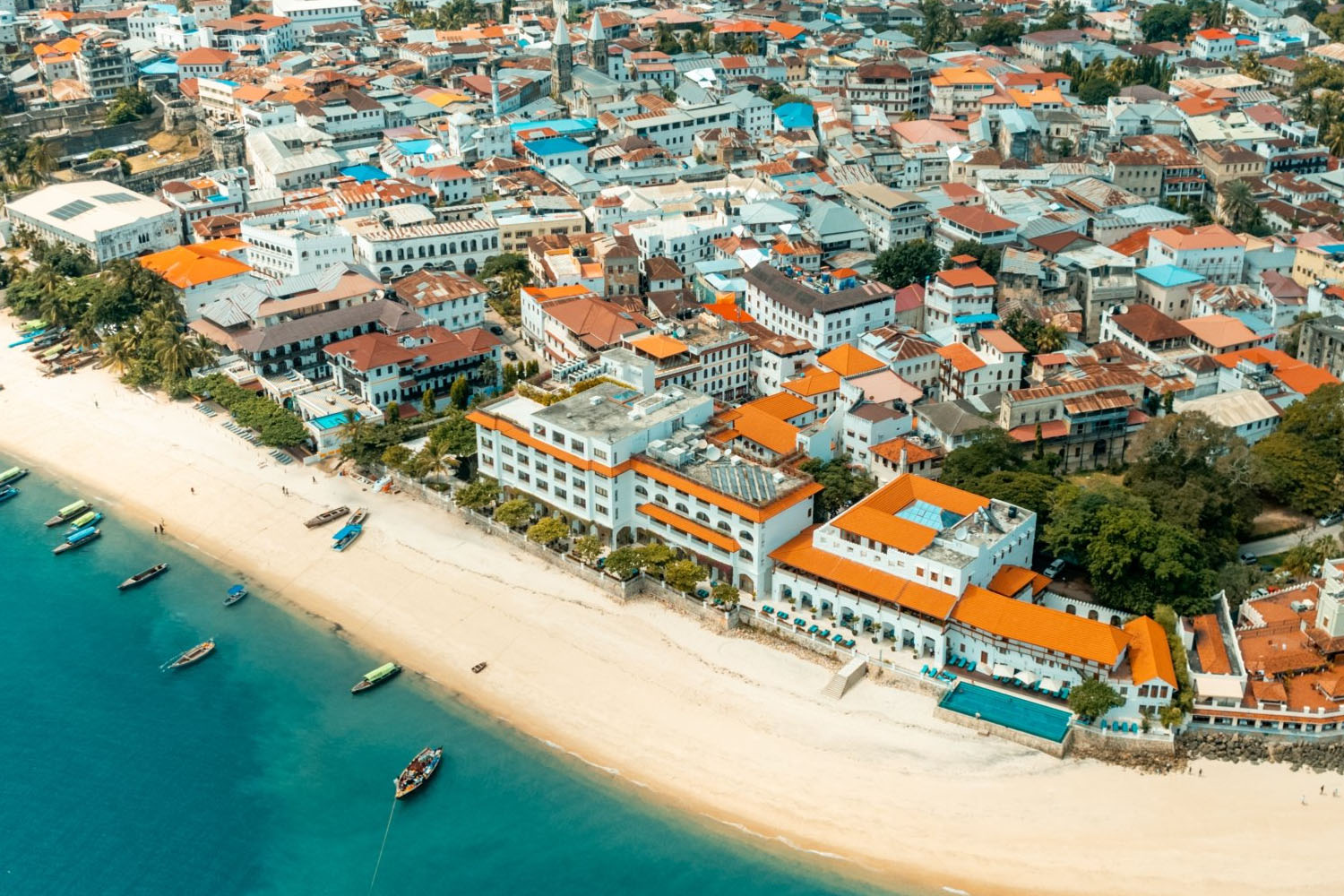EXPLORE THE CULTURAL SIGNIFICANCE OF THE ABORIGINAL ART AND ITS PRESERVATION IN AUSTRALIA

Photo Credit: Getty Images
One of the most recognizable styles of Aboriginal art is dot painting, which originated in the central desert region. Each dot carries significance, representing elements of the natural world, ancestral stories, and sacred sites. Dot painting is not only a means of artistic expression but also a way for Indigenous artists to maintain cultural traditions and assert their connection to country. Similarly, bark painting, primarily practiced by Indigenous communities in northern Australia, involves creating designs on tree bark using natural pigments. These artworks often depict Dreamtime stories, creation myths, and the relationship between humans and the environment.
Read more ...

























